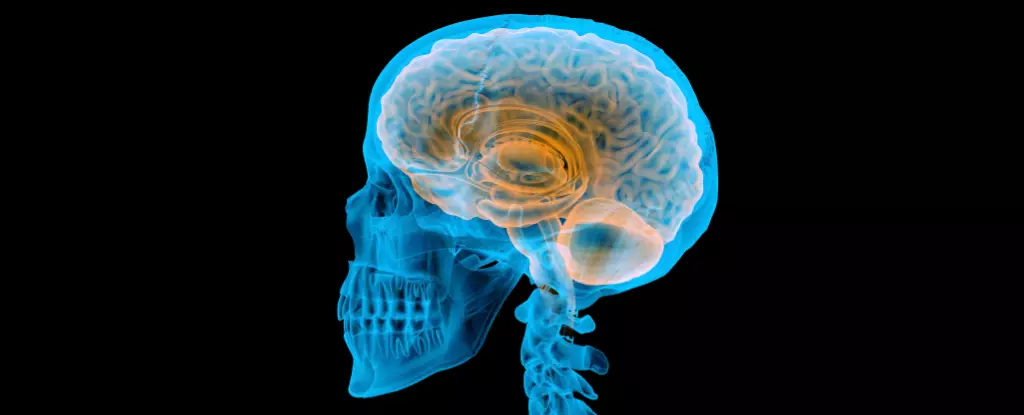The relationship between gut microbiomes and human evolution has gained attention, especially regarding brain size and cognitive ability. The unique composition of microbes residing within our digestive systems might have played a crucial role in facilitating the development of larger brains, setting humans apart from other species. This article provides a fresh exploration of the recent findings on how gut microbiota influence energy metabolism, particularly affecting brain growth.
Recent studies have indicated that the human gut microbiome serves a unique function compared to that of other animals. Rather than focusing on energy storage, human gut bacteria appear to prioritize energy production, making it more suitable for fueling the high metabolic demands of human brain tissue. Research conducted by Northwestern University anthropologist Katherine Amato has revealed that this metabolic focus in gut microbiomes may have been essential for the evolutionary changes that allowed for the development of larger brains.
The brain is a metabolically costly organ, which means that human physiology would need to adapt significantly to support this increased energy demand. This investigation sheds light on the unexplored mechanisms through which gut microbiota influence primate metabolism, potentially outlining a link between microbiomes and cognitive evolution.
In an innovative experimental approach, researchers introduced ‘germ-free’ mice with the gut microbiomes of three different primate species: humans, squirrel monkeys, and macaques. This comparative method aimed to identify the metabolic impacts of each microbiome on the mice. It was particularly telling that both humans and squirrel monkeys, categorized as ‘brain-prioritizing’ species, exhibited significant similarities in gut microbial composition and its resultant metabolic outcomes.
Mice that were inoculated with human gut microbiomes demonstrated notably high levels of fasting glucose and triglycerides, while exhibiting the lowest cholesterol levels. Additionally, those mice gained the least amount of weight, suggesting that our gut microbiota favors the conversion of nutrients into brain-feeding sugars rather than storing them as fat. This outcome may offer insights into how human evolution has optimized energy production to prioritize brain function, distinguishing our metabolic practices from those of other primates, particularly the macaques.
The findings highlight that when humans and squirrel monkeys evolved separately to develop larger brains, both species experienced significant changes in their gut microbial communities. This parallel evolution indicates a shared evolutionary advantage in which microbiomes adapted to enhance energy availability for brain development. Such revelations complicate our understanding of evolution, positioning gut microbes as essential players in neurological and physiological maturation.
This investigation identifies a crucial link between brain development and gut health, suggesting that our microbial partners have shaped our evolutionary pathway. The results underline how changes in microbial ecology have facilitated similar adaptations in metabolism across unrelated species, demonstrating the profound impact of microbial life on evolutionary trends.
Moreover, the research underscores an interesting dynamic: a trade-off between brain and body growth, which is observed not only in humans but also across various mammalian species. This trade-off is notably evident during the stages of human development, with brain energy demands evolving in conjunction with physical growth rates.
As highlighted by Amato and her team, this relationship is critical in understanding the metabolic costs associated with both growth and cognitive development. Their observations demonstrate that periods of peak brain energy requirements correlate with reduced rates of physical growth, particularly observed during mid-childhood.
This exploration into the relationship between gut microbiota and brain development provides a novel perspective on human evolution. The evidence suggests that our gut bacteria not only sustain our physical health but may have also facilitated the unique path of human cognitive advancement. A deeper understanding of this symbiotic relationship paves the way for further research, with implications for health, nutrition, and our comprehensive understanding of human evolution. As science delves deeper into the complexities of our gut microbes, we may yet uncover how these microcosms reflect our evolutionary journey.


Leave a Reply